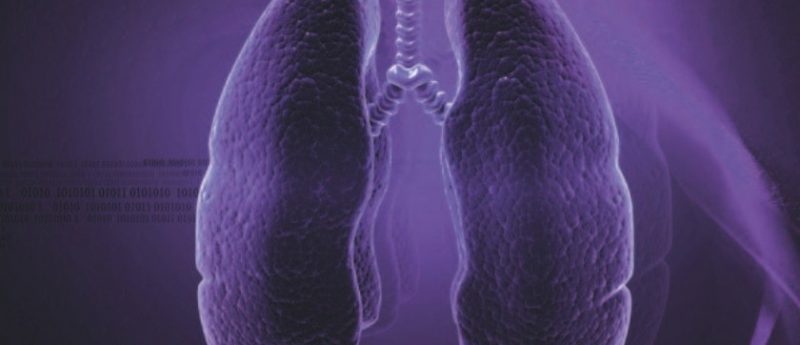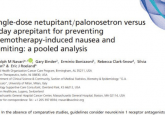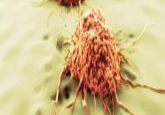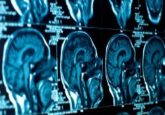EGFR–tyrosine kinase mutation testing methods in non-small-cell lung cancer: new diagnostic guidance is NICE

Over 39,000 people in the UK are newly diagnosed with lung cancer each year and non-small-cell lung cancer (NSCLC) comprises 72% of cases [101,102]. A high proportion of NSCLC diagnoses are made at a late stage, locally advanced or metastatic, which limits treatment options. New drugs targeted towards tumor genotypes (stratified medicine) are improving the management of a range of cancers including advanced NSCLC. Between 10 and 15% of adenocarcinomas tested in UK NSCLC patients have oncogenic activation of the EGF receptor (EGFR) caused by somatic mutation of the tyrosine kinase (TK) domain of EGFR. NSCLC patients with EGFR–TK mutations have a high probability of response to small molecule inhibitors that target the mutant EGFR TK domain. This new therapy, known as EGFR–TK inhibition (EGFR–TKI), has been rapidly adopted into standard practice and is now used as first-line therapy for the management of locally advanced or metastatic NSCLC as the progression-free survival of this group of patients with the new drugs is significantly better than that of conventional chemotherapy regimes.
Click here to view full article.



